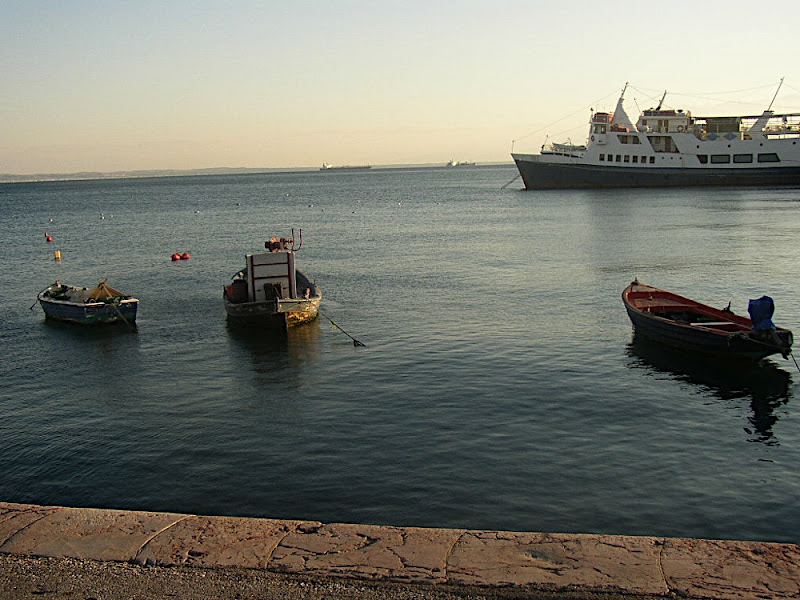
A shepherd in the mountains with his lambs; a wolf catches a lamb and tries to escape with it; the shepherd simply starts running to save his lamb: he has purchased to wolf for miles and miles; the wolf has probably been scared by this so heroic shepherd, it has left the lamb and has escaped not to be caught by him. This is how the lamb has finally been saved.
This also how the shepherd discovered that he has feet as he said: he thus decided to take part to athletic competitions and he has even won some medal. Nobody believed he could even finish the races. They even did not want to let him take part to the race as they were afraid he could have some health problem, a heart attack or so as he was not very young, according to athletic standards… But he has won!!!
Of course it was a local competition, not the Olympic games. But this is not a Hollywood movie: it is just a real scenario!!!
I just like this kind of stories: some kind of contemporary revelation! Just believe…
This also how the shepherd discovered that he has feet as he said: he thus decided to take part to athletic competitions and he has even won some medal. Nobody believed he could even finish the races. They even did not want to let him take part to the race as they were afraid he could have some health problem, a heart attack or so as he was not very young, according to athletic standards… But he has won!!!
Of course it was a local competition, not the Olympic games. But this is not a Hollywood movie: it is just a real scenario!!!
I just like this kind of stories: some kind of contemporary revelation! Just believe…
 “Panier! Panier!” as my nephew says each time he sees basketball on TV…
“Panier! Panier!” as my nephew says each time he sees basketball on TV…

































 Amartya Sen, the winner of this year’s Nobel Prize in economics, has argued forcefully that famines do not occur in societies in which there is a free press.1 It is not the lack of food in the aggregate that gives rise to famines, but the lack of access to food by the poor in famine regions. A free press exposes these problems; once exposed, the failure to act is absolutely intolerable.
Amartya Sen, the winner of this year’s Nobel Prize in economics, has argued forcefully that famines do not occur in societies in which there is a free press.1 It is not the lack of food in the aggregate that gives rise to famines, but the lack of access to food by the poor in famine regions. A free press exposes these problems; once exposed, the failure to act is absolutely intolerable.